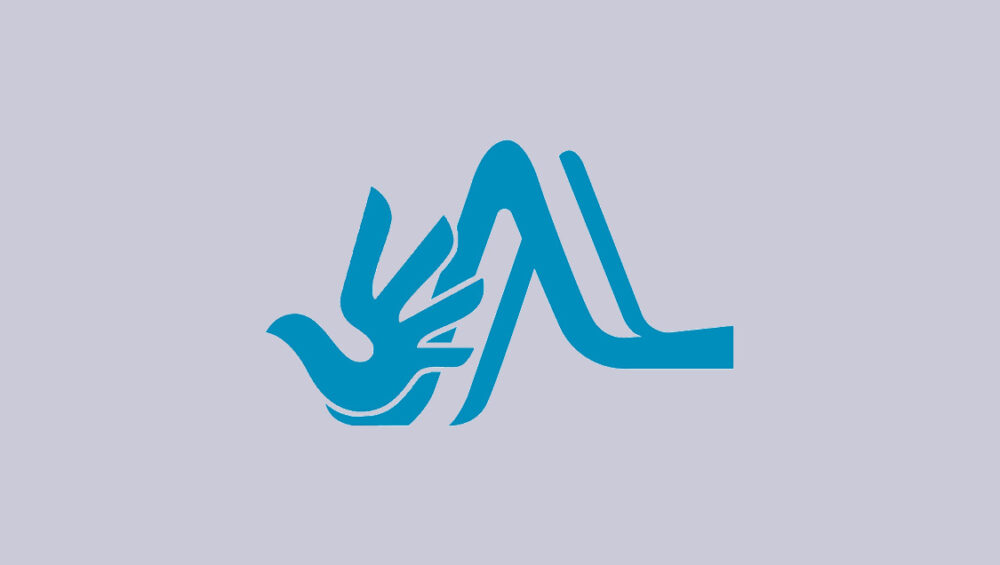The concept of digital justice is linked to the principles and rules that guarantee equality and rights in the digital world, represented by information and communication technology and modern technologies, and aims to guarantee equality and digital rights for individuals and groups in a fair and equal manner in the digital age in which the world lives, it is associated with guaranteeing human rights and fundamental freedoms on the Internet.
The term digital justice is based on ensuring that digital technology and digital uses are used in a fair, balanced manner and compatible with values and principles that enrich human rights. In addition to emphasizing the harnessing of modern technologies and digital developments in a manner that does not exacerbate digital and technical gaps between societies and individuals, or discriminate in their provision and use, in addition to their compliance with an approach based on respect for human rights and non-violation of basic human rights, including the rights to privacy, freedom and the right to Expression and access to knowledge and the right to access and circulate information. The interest in digital justice is increasing in light of the emerging and growing challenges in our current digital age, and it aims to achieve a balance between technological progress and the challenges and risks it poses, and respect for human rights, which has become the basis for organizing human relations that bring together individuals and countries, and work to achieve digital justice aims to build a digital future that enhances Human rights serve individuals, societies and countries, and enable them to achieve the goals they target in light of the United Nations plan to achieve sustainable development.
The issue of digital justice is linked to human rights in many commonalities that make this issue one of the most prominent future issues and challenges in the field of human rights, due to its negative impact on human rights as follows:
- Equitable access to technology: It relates to ensuring the availability of digital technology, communications, and the Internet in an equal and fair manner for all individuals and groups, allowing everyone to share the available benefits and possible opportunities.
- Protecting privacy and personal data: It is concerned with ensuring the security of an individual’s personal information and not using it in illegal, illegal, or immoral ways, contrary to the will and desire of the individual, or in a way that causes harm and abuse to him.
- Avoiding technological discrimination: It is related to making sure that technology is not used in a way that reinforces discriminatory practices against certain groups of society, to reinforce existing prejudices, or to maximize benefits and benefits for one group over another.
- Digital education and digital inclusion: It relates to the process of promoting digital education and providing equal opportunities for all to acquire digital knowledge and skills and the ability to use and harness technologies and technology in an open and accessible manner.
- The right to freedom on the Internet: It is concerned with guaranteeing the right of individuals to freely express their opinions and ideas on the Internet without illegal restrictions and without discrimination, and preventing any practices or restrictions that limit, prevent or impede the process of exercising this right by individuals or subject them to accountability and retaliation.
- Transparency and accountability: It is concerned with ensuring transparency in the use of technology and digital decision-making, subjecting the monitoring process to international standards, and ensuring fair and transparent accountability for those responsible for committing digital violations.
- Protection from digital crimes: It relates to providing adequate protection for individuals from all digital risks and threats such as fraud, online bullying, and digital espionage.
- Technology and Humanitarian Challenges: It relates to ensuring that technology follows ethical and humanitarian principles related to respecting human rights values and principles and avoiding direct harm to individuals or exposing them to risks and violations.
The importance of digital justice and human rights is highlighted by the great intersection between issues of digital justice and human rights in many fields because digital technology and the Internet have become an essential part of the lives of individuals and affected many aspects of daily life and the basic rights of individuals and societies. And it became part of the challenges that combine digital justice and human rights, imposed on states the responsibility to achieve a balance between digital justice and human rights, and set a new challenge for governments, companies, and civil society to work together to confront it, represented in ensuring the development and use of technology in an approach based on respect for human rights. It achieves digital justice for individuals and societies.







